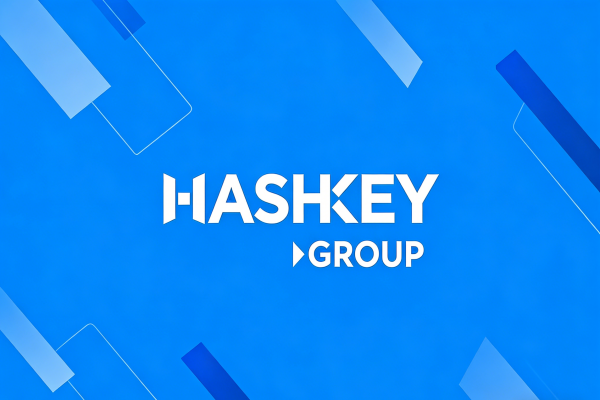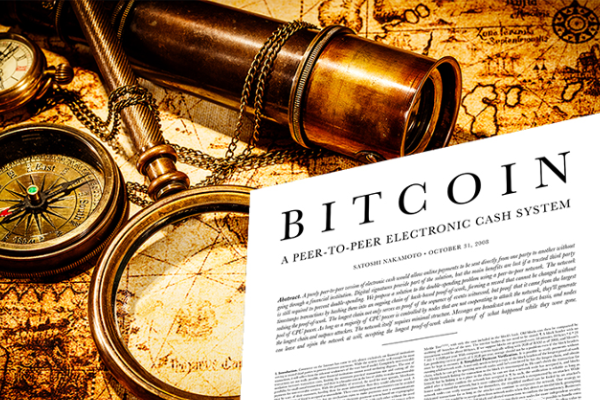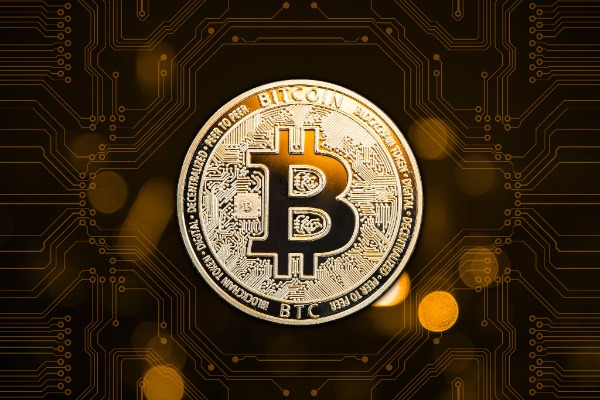Advantages of blockchain, four core technologies of blockchain

Blockchain, in essence, is a shared database, and the data or information stored in it has the characteristics of "unforgeable", "full traceability", "traceability", "openness and transparency", and "collective maintenance".
1. Advantages of blockchain
The advantages of blockchain are mainly reflected in the following aspects:
Decentralization: Blockchain uses distributed ledger technology and does not require a centralized trust agency or intermediary to manage data. This decentralized feature makes data more secure, transparent and reliable, reducing the risk of single point failure and centralized institutions being tampered with or attacked.
High data security: Blockchain ensures the security and integrity of data through cryptographic algorithms and uses asymmetric encryption technology to protect the confidentiality of data. Once data is written to the blockchain, it cannot be tampered with or deleted, which provides a guarantee for the authenticity and credibility of the data.
Transparency: All transactions and data on the blockchain are publicly visible, which allows participants to verify and audit data with each other, enhancing trust. At the same time, because the data is transparent, it is also convenient for supervision and compliance.
Smart contracts: Blockchain technology can support the automatic execution of smart contracts, which are automatically executed programs that automatically execute corresponding operations when certain conditions are met. This reduces transaction costs, improves transaction efficiency, and reduces the possibility of human intervention and fraud.
Cross-border payments and settlements: Blockchain technology can simplify the cross-border payment and settlement process, reducing transaction costs and time. Through blockchain, currencies and assets between different countries can be transferred and settled more efficiently and securely.
In general, blockchain technology provides strong support for applications in various fields through its advantages such as decentralization, data security, transparency, smart contracts and cross-border payments, and promotes the pace of digital transformation and innovation. However, it should be noted that blockchain technology also faces some challenges and limitations, such as scalability and privacy protection, which need to be continuously solved and improved in future development.
2. The four core technologies of blockchain
The four core technologies of blockchain mainly include the following aspects:
Distributed ledger technology: Blockchain uses distributed ledger technology to disperse data to multiple nodes, and each node saves a complete copy of the ledger. This technology ensures the security and immutability of data, because any modification of data needs to be verified and agreed by multiple nodes in the network.
Asymmetric encryption technology: In blockchain, asymmetric encryption technology is used to protect the confidentiality and integrity of data. Each participant has a pair of public and private keys, the public key is used to encrypt information, and the private key is used to decrypt information. This encryption method ensures that only users holding the corresponding private key can access and decrypt data, greatly improving the security of data.
Consensus mechanism: The consensus mechanism is the rules and methods for reaching consensus among nodes in the blockchain network. It ensures that in a decentralized network environment, all nodes can reach a consensus on the modification and addition of data. Common consensus mechanisms include proof of work (PoW), proof of stake (PoS), etc.
Smart contract: A smart contract is a computer program that automatically executes and automatically verifies the terms of a contract. It is based on blockchain technology and can execute preset rules and conditions without the intervention of a third party. The emergence of smart contracts has greatly improved the efficiency and security of transactions and reduced the possibility of human intervention and fraud.
These core technologies together constitute the basic architecture of blockchain, giving blockchain broad application prospects in multiple fields, such as finance, supply chain management, identity authentication, etc.













